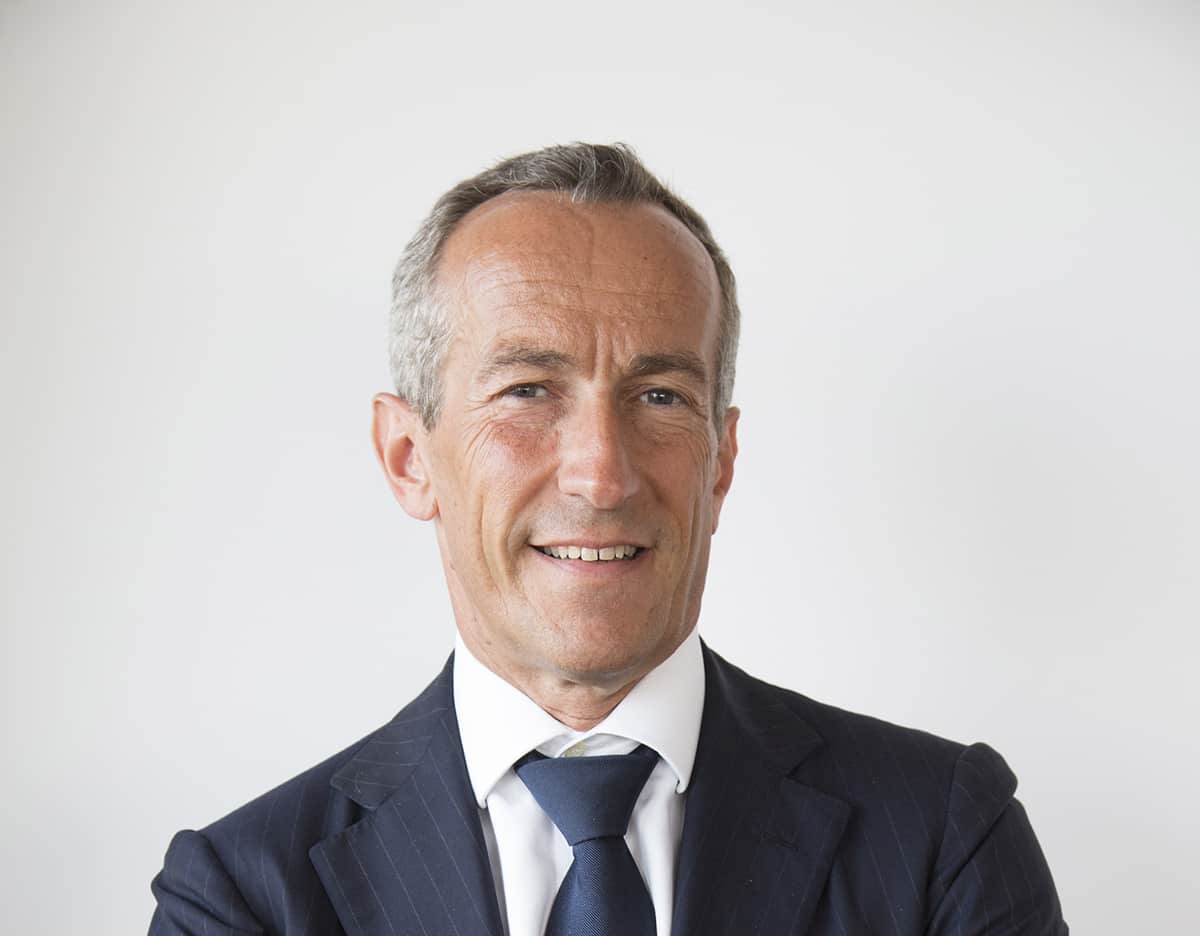Massimo Ferrari is General Manager and Group Chief Financial Officer at Webuild, an infrastructure group since 1906 that went through a consolidation process. Ferrari has been in his role for almost 12 years.In 2014, Salini acquired Impregilo, which led to the creation of Salini Impregilo, Italy’s largest civil infrastructure group. Two years later, Salini Impregilo bought Lane in the United States and later it took over Astaldi, and smaller companies like SELI Overseas and Cossi Costruzioni. Webuild is currently an international player with leadership roles in sectors like dams and other water infrastructure. In 2023, Webuild acquired Clough in Australia, now the second biggest market after Italy.
Global Finance: Can you describe how acquisitions changed Webuild?
Massimo Ferrari: In the past 10 years, we have created a group that has become a global champion. Scale is important in our industry, and we have achieved it. The latest global rankings published in August by Engineering News-Record, puts us first among civil infrastructure companies working in the water sector in terms of revenue.
We have more than tripled our size since our first major acquisition of Impregilo. Since 2012, our order backlog has grown from €17 billion to €61 billion, while our annual revenue went from €2.3 billion to €8.2 billion in 2022. We have worked to improve the quality of this backlog, shifting our focus toward markets that are low risk, meaning developed economies with clear rules and political stability. Our backlog is now well balanced in countries such as Italy, Australia, North America, and Europe.
When you reach this kind of size, you can better manage risk—think about the Covid-19 pandemic—and leverage on economies of scale. You can negotiate from a position of strength. You can invest in innovation. You can develop the solutions to address problems faced by cities with growing populations, whether it has to do with water or transport or energy.
GF: What are the major challenges faced by someone in your position in a multinational group?
Ferrari: Integration. Each time you bring a new company into the fold, you have to make sure they become part of the group. This company might be in a different country where the language and culture are different. We see this diversity as a strength, but we also have to make sure the group’s strategy and guidelines and standards are followed. It has been an exciting period: We are not what we were when we started this journey. The ability to attract skilled managers even from other industries is key to promote innovation and growth. They have brought us expertise and resources and new markets.
Investors are more demanding of us as a publicly traded company. They expect a company like ours not just to perform well financially, but also ethically and ecologically. We dramatically reduced the number of incidents on our construction sites. Our projects are becoming as sustainable during construction as when they are built. We are deploying the latest technology to build better, safer and faster. If the technology does not exist, we develop it. We also are constantly looking for ways to reduce waste, recycle materials, reuse machinery—and cut back on CO2 emissions. Our clients expect it, too. When we participate in a public tender for a contract, the lowest bid is no longer the single most important criterion. Safety and sustainability are just as important—if not more so.
GF: Looking ahead, what keeps you up at night?
Ferrari: The same things that keep most executives up at up at night: global trends that are beyond anyone’s control. Covid-19, natural disasters, climate change—making all the more important our role in helping cities, if not countries, prepare and protect themselves from these calamities.
GF: What do you say to those aspiring to your role?
Ferrari: Don’t focus just on the numbers. Look at the factors that affect the numbers. You have to be a flexible organization that has the resources to be able to meet the challenges posed by the unexpected. You also have to be willing to change. We aren’t what we were a decade ago. Our willingness and ability to change has enabled us to adapt to a changing environment. We have also acquired scale as well as the expertise, experience and resources needed to deliver the kind of large, complex civil infrastructure required by our clients. I can’t emphasize enough how flexible a company must be to adapt to a market under conditions that are constantly changing.




